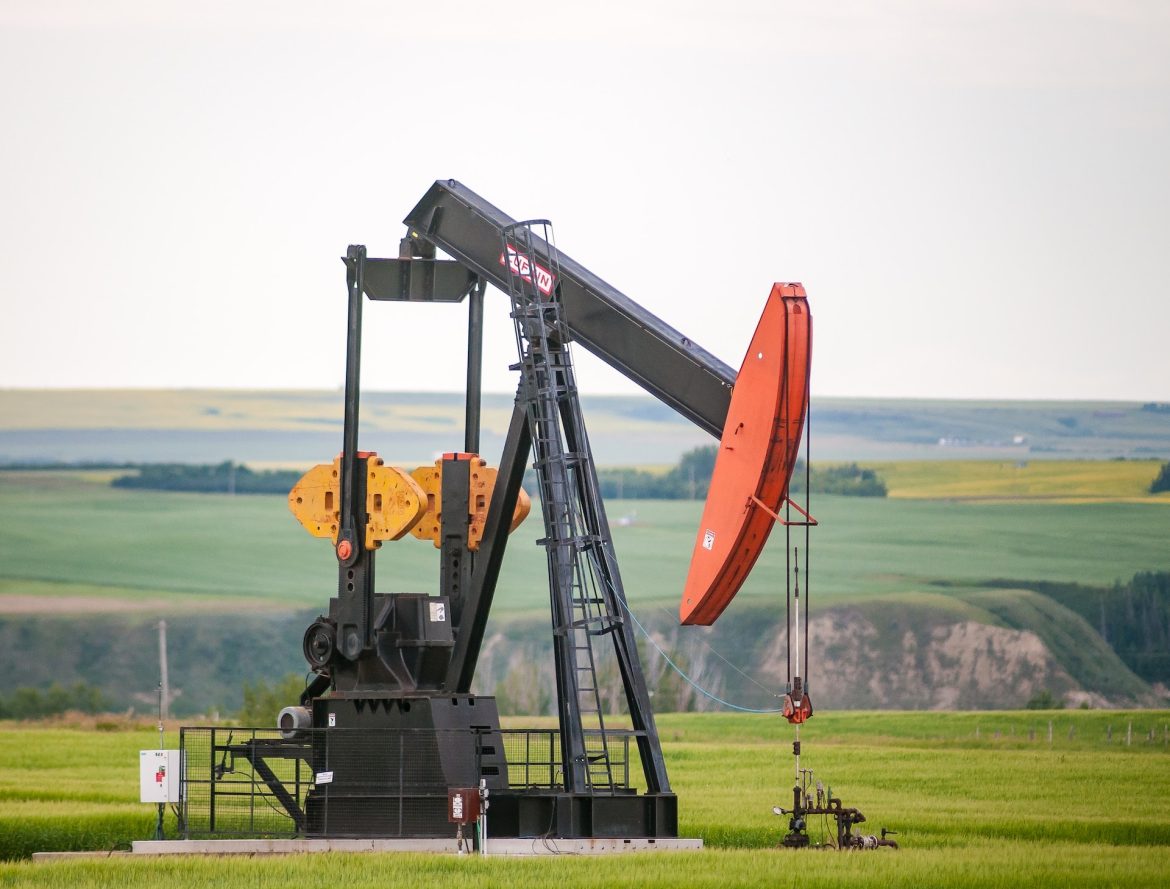Oil prices are on track for weekly gains as renewed optimism around the U.S. economy fuels increased demand expectations. This rebound in prices comes after a period of volatility, driven by a combination of positive economic indicators and ongoing concerns about supply constraints.
Brent crude futures, the international benchmark, have seen a significant rise, reflecting a broader trend of increasing confidence in global economic stability. Similarly, U.S. West Texas Intermediate (WTI) crude futures have also experienced an upward trajectory, marking a positive shift for the energy market.
Analysts attribute the price increases to a series of strong economic reports from the United States, which suggest that the world’s largest economy may avoid a recession, contrary to earlier concerns. This optimism has bolstered demand expectations for oil, as a healthier economy typically correlates with higher energy consumption.
Recent data has shown that U.S. consumer spending remains robust, and the labor market continues to show resilience with lower-than-expected unemployment claims. These factors contribute to the belief that the U.S. Federal Reserve’s strategy to manage inflation without stifling economic growth is having the desired effect. As a result, investors are increasingly confident that demand for oil will remain strong in the coming months.
In addition to positive economic signals from the U.S., concerns about supply constraints are also playing a role in the rise in oil prices. The Organization of the Petroleum Exporting Countries (OPEC) and its allies, known as OPEC+, have maintained production cuts to stabilize the market, which has contributed to tightening supply. Furthermore, geopolitical tensions in key oil-producing regions continue to pose potential risks to supply, adding upward pressure on prices.
The energy market’s current dynamics reflect a delicate balance between supply and demand, with investors closely watching for any developments that could disrupt this equilibrium. While the recent price gains are encouraging for producers, they also raise concerns about the impact on inflation, particularly in energy-importing countries.
Higher oil prices can lead to increased costs for consumers and businesses, potentially fueling inflationary pressures. This has led to speculation about how central banks, including the U.S. Federal Reserve, might respond if energy costs continue to rise. The Fed’s actions in the coming months will be crucial in determining whether the current economic optimism can be sustained without triggering a new wave of inflation.
In the global context, other major economies are also experiencing a renewed sense of optimism, further supporting oil prices. In Europe, recent economic data has been more positive than expected, while China’s efforts to stabilize its economy have shown some early signs of success, particularly in boosting consumer demand.
However, the energy market remains highly sensitive to a variety of factors, including changes in economic policy, shifts in production levels, and unforeseen geopolitical events. As such, while the current trend is positive, analysts caution that volatility could return if any of these variables shift unexpectedly.
For now, the combination of strong U.S. economic data and controlled supply from major oil producers suggests that the upward trend in oil prices may continue. This is good news for the energy sector, which has faced significant challenges in recent years, but it also underscores the importance of monitoring economic and geopolitical developments closely.
Source: Reuters



